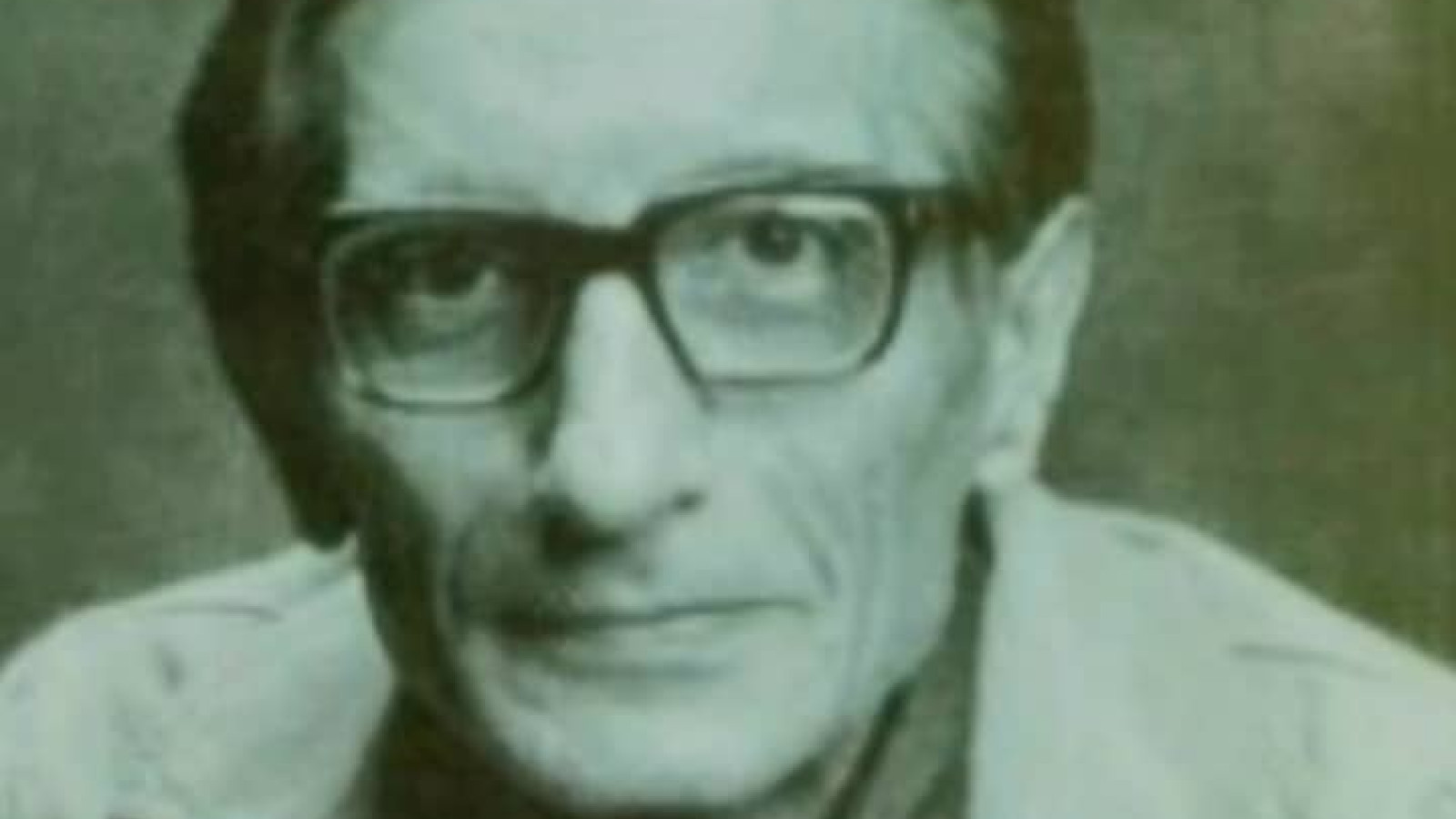
Bijan Jalali, an Iranian poet and literate, was born in Tehran in 1306 SH. His father was Ibrahim Jalali and her mother was Ashraf-ol-Molok Hedayat. His maternal relatives were from the old Hedayat clan. Accompanying his father with his official mission, he spent his childhood for a while in Shemshak and he passed three years in Tabriz. During this time, he studied in Roshdieh and Ferdowsi school. After his return to Tehran, he studied in Firooz Bahram high school and he passes his last year of high school in Alborz. He chose physics at the University of Tehran and he dropped it after a few months.
After spending some years to study Natural Sciences at the Universities of Toulouse and Paris, he also quit and left them uncompleted. Because of his love for literature, he finally started the French language and literature and he obtained a bachelor's degree at the University of Tehran. Being graduated, he began to do different jobs, he taught English in high schools, worked in the Museum of Anthropology at Ministry of Culture. After all, Jalali started working for Anthropos which was a French company. Being interested in poetry, literature, philosophy, mysticism, as well as the companionship of his uncle, Sadegh Hedayat, he encouraged him to begin writing. In the beginning, he did not take it seriously and sometimes wrote poems in French and occasionally, in Persian. He wrote: “The world speaks to me in Persian/ hence I write in Persian / and it is bizarre that the world knows all the languages / and speaks with the language of all poets” he published his works from 1340s.
All his poems are categorized in free verse style. Because of their simplicity and clarity, they were greeted by men of letters. Days, Our Heart and the World, the Colour of Waters, About Poetry, Water and the Sun, Game of Light, Rendezvouses, Dailies, the Poem of Silence, and the Pattern of the World are some of his works. From his first poetry notebook, Days, until the end of his life and in all his poems, Bijan Jalali followed a completely clear, individual, and profound line of thought. His poetry is conceptual and apparently, formless. He said: “Being written in simple Persian, my writings are uncomplicated and easily readable. Of course, it should not be considered as its characteristic. To me, poetry should be simple with a direct expression. My poems are natural, which means they are born for a realistic necessity; not for creating a piece of art.” Bijan Jalali died in 1378 SH.
He wrote: “If someone sought me / say he has gone to watch the rain / and if he insists/tell him he has gone to see the storms! / and if he persists/tell him he has left and will never return”